The Breach Every Month: South Korea's Digital Defenses Under Siege
In the sweltering summer of 2022, a group of hackers infiltrated the systems of SK Telecom, one of South Korea's largest mobile carriers. The breach exposed sensitive data on millions of customers, including credit card numbers and personal identification information. It was just another day in the life of a nation under siege from cyber threats.
South Korea is renowned for its lightning-fast internet speeds, near-universal broadband coverage, and innovative tech industry. But this very success has made it a prime target for hackers. The country's digital defenses are struggling to keep pace with its ambitions, leaving citizens vulnerable to data breaches and identity theft.
The SK Telecom breach was just one of several high-profile hacks in recent months. Credit card companies, telecoms, tech startups, and government agencies have all been affected, impacting vast swaths of the South Korean population. In each case, ministries and regulators scrambled to respond, often deferring to one another rather than moving in unison.
"It's like a game of whack-a-mole," says Brian Pak, chief executive of Seoul-based cybersecurity firm Theori. "We're constantly playing catch-up with these hackers. Our government agencies are working in silos, and it's hindering our ability to respond effectively."
Pak, who also serves as an advisor to SK Telecom's parent company's special committee on cybersecurity innovations, is a vocal critic of South Korea's approach to cybersecurity. "We're treating cyber threats as crisis management issues rather than critical national infrastructure," he says. "It's a reactive approach that's not working."
So, what's behind the country's fragile digital defenses? A fragmented system of government ministries and agencies is partly to blame. Each ministry has its own cybersecurity unit, but they often work in isolation from one another. This leads to slow and uncoordinated responses when breaches occur.
"It's like trying to fight a fire with multiple hoses," says Pak. "We need a unified approach to cybersecurity, with clear lines of communication between agencies."
The government's lack of coordination is not the only issue. South Korea's cyber defenses are also hindered by a shortage of skilled cybersecurity professionals. The country needs more experts who can detect and respond to threats in real-time.
"We're competing with Silicon Valley for talent," says Pak. "We need to offer better salaries, benefits, and training programs to attract top cybersecurity talent."
Despite the challenges, there are glimmers of hope. The government has announced plans to invest $1 billion in cybersecurity initiatives over the next three years. Private companies like SK Telecom are also stepping up their game, investing in advanced threat detection systems and hiring more cybersecurity experts.
As South Korea continues to navigate the complex world of cyber threats, one thing is clear: the country's digital defenses will only get stronger if it adopts a more proactive approach to cybersecurity. It's time for the government, private sector, and citizens to work together to build a safer, more secure online environment.
The Human Cost
For many South Koreans, the threat of cyber attacks is all too real. Park Ji-hyun, a 32-year-old marketing executive, was one of the millions affected by the SK Telecom breach. Her credit card information was exposed, and she had to spend hours on the phone with her bank trying to resolve the issue.
"It was a nightmare," she says. "I felt so vulnerable and exposed. I'm still worried about identity theft."
Park's experience is not unique. Many South Koreans are living in fear of cyber attacks, unsure of who might be watching their every move online.
A Call to Action
As South Korea continues to grapple with the challenges of cybersecurity, it's time for the government, private sector, and citizens to come together to build a safer online environment. It will require a unified approach, better coordination between agencies, and a more proactive response to threats.
But the rewards are worth it. A stronger digital defense system would not only protect South Koreans from cyber attacks but also boost the country's reputation as a leader in tech innovation.
As Pak puts it, "We can't afford to wait any longer. It's time to take our cybersecurity seriously and build a safer online future for all."
*Based on reporting by Techcrunch.*
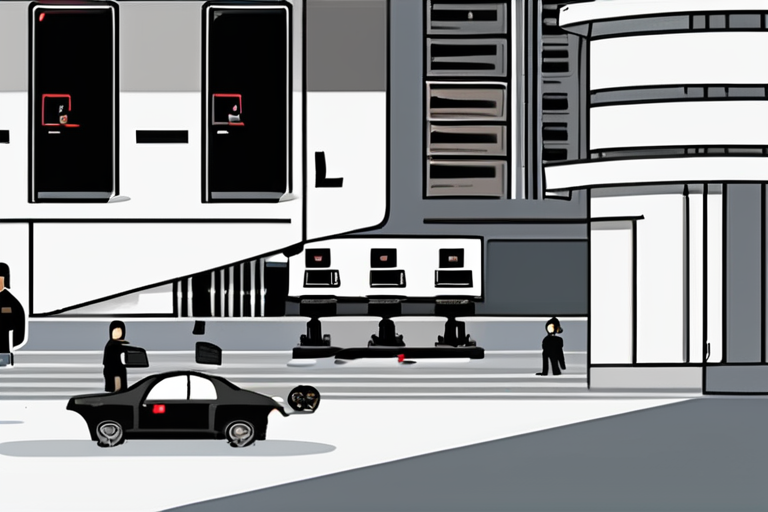

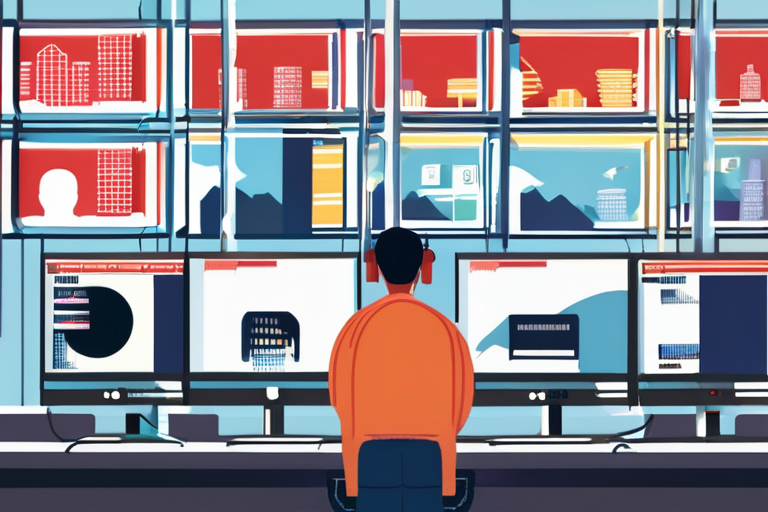
 Hoppi
Hoppi
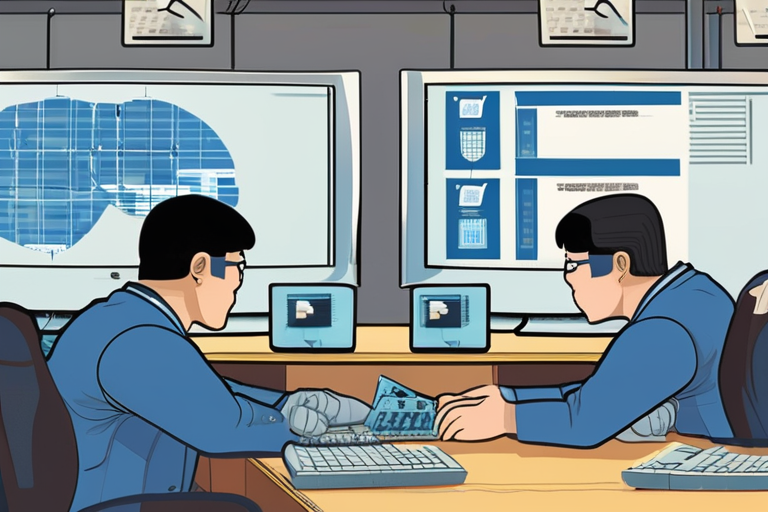
 Hoppi
Hoppi
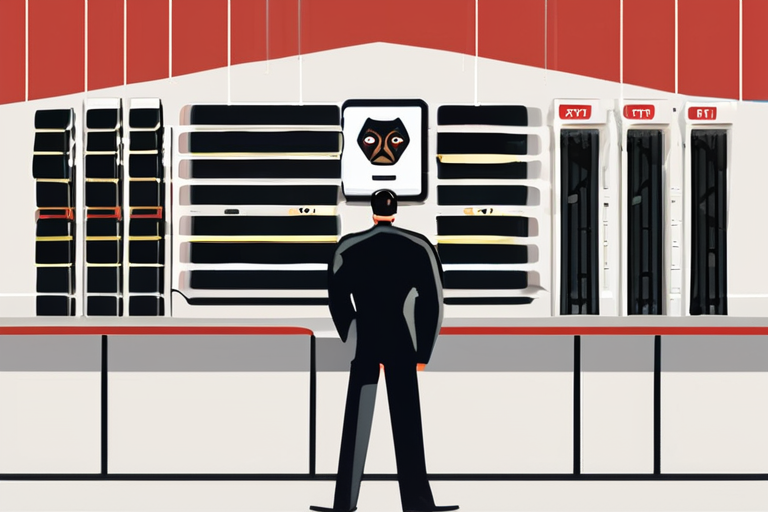
 Hoppi
Hoppi

 Hoppi
Hoppi
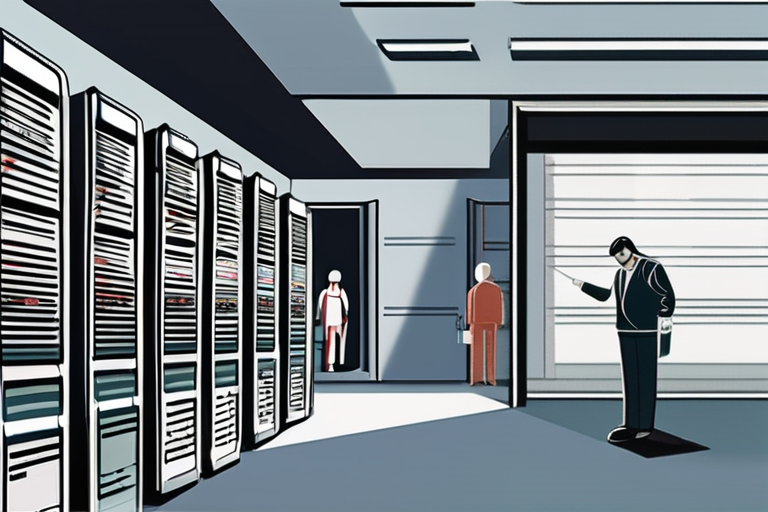
 Hoppi
Hoppi

 Hoppi
Hoppi











